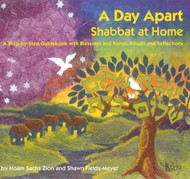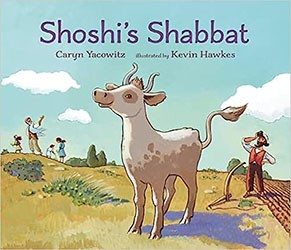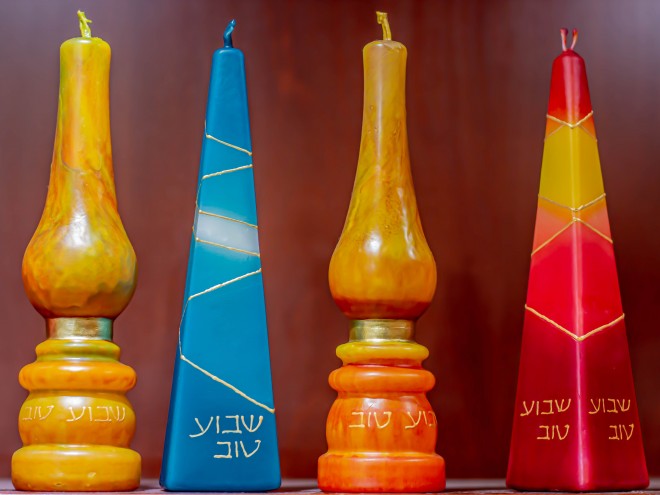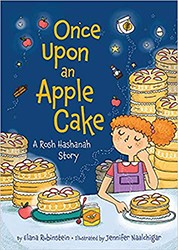Reconstructionist Judaism, the movement founded in the mid-twentieth century by Mordecai Kaplan, has no obligatory statement of principles, but rather holds by a consensus of beliefs. Reconstructionists reject the classical view of God, don’t believe in divine intervention, and believe that the Torah comes from the social and historical development of the Jewish people. God is redefined as the sum of those powers or processes that allow mankind to gain self-fulfillment and moral improvement. The movement is based on a democratic community where the laity, not just the rabbis, can make decisions.
Halakha (Jewish law) is not considered binding, but is to be taken seriously as a source and a resource. The movement emphasizes positive views toward modernisn, and has an approach to Jewish custom which aims toward communal decision making through a process of education and distillation of values from traditional Jewish and contemporary sources. Reconstructionist Judaism holds that contemporary Western secular morality should be considered seriously alongside Jewish law and theology.
With this background in mind, David Teustch, a past president of the Reconstructionist Rabbinical College, has written and edited a guide to Reonstructionist theory and practice. The focus in Volume 2 is on conceptualizing the progressive religious, moral, ethical, and philosophical dimensions of Reconstructionist Judaism as they apply to Shabbat and all the major and minor holidays and observances. The reading public is indebted to Rabbi Teutsch for binging to our attention some very fine thinking about contemporary Shabbat and holiday theology, some of which will resonate across denominational lines.
The volumbe is designed to mimic traditional rabbinic texts. The top of the page contains the text, and along the bottom of the page are comments and observations by a hot of Reconstructionist rabbis and other thinkers. Many of these commentaries demonstrate considerable scholarship, often offering trenchant personal vignettes. What is fascinating is that many of the commentators have very traditional backgrounds and often cite the positive impact that their upbringing had on them and how much their ritual observance has influenced their thinking and practice. In that same vein, quite often, Hasidic masters and Orthodox thinkers are quoted to make a point.
The writers are passionate in their attempt to make Reconstructionist practice palatable. Their well-written essays and comments strive not just to explain their progressive take on Shabbat and holiday rituals, prayers, and home observances, but also to give an underpinning that is cogent and acceptable within their theological mindset. Many of the philosophical concepts and symbolisms explored and explicated are of interest to traditional Jews as well. That being said, there are a number of serious issues that represent serious cognitive dissonance with traditional Jewish practice.
The Greeks started the debate between nomos and logos, Divine law vs. man’s reason. It is played out here in a number of ways. Since it is often difficult to observe Shabbat on time in the winter, a concession is made to observe Shabbat later in the evening. If it is not convenient because of a Friday night football fame or other commitment, or if the family is only available together on a Tuesday night, then that, too is acceptable for a Shabbat dinner. Similarly, since many do not observe the second day of a holiday, and neither the shofar nor the lulav are taken if the first day is also Shabat, the shofar is sounded and the lulav is waved on Shabbat so that this opportunity will not be missed. This may not be universally practiced in all Reconstructionist synagogues, but the latitude and autonomy to do so is part of their theology.
Another fascinating concept presented is the non-halakhic Sabbath observer. One who is a Sabbath commemorator can be flexible in one’s subjective determination of how to observe Shabbat. If having dinner with friends in a restaurant, attending a concert, or going to a movie or a museum enhances their Sabbath consciousness then that, too, is acceptable. Throughout the discussions about liturgy, home, and synagogue observances, there is an acknowledgement that many in the movement are not particularly knowledgeable, hence the emphasis on what is felt to be right and comfortable based loosely on traditional practices but with a decidedly progressive and liberal reinterpretation.
Each of the writers strives to capture the essence not only of how but the why of Jewish tradition and there are often flashes of genuine brilliance. Some rabbis’ practices reflect holiday joy in a humorous way. Baking hamentaschen is the first step in getting ready for Passover by using up flour; sweet potatoes served at the seder are known as the “Paschal yam”; there is a Shavuot recipe for Mt. Sinai cheese balls with a pecan on top representing two tablets.
Some contributors occasionally make disparaging remarks about Orthodoxy and other make egregious errors: the assertion that it is difficult to observe a traditional Shabbat with its prohibitions and simultaneously experience the joy and pleasure of Shabbat is news to those who are happily traditional in their observance, and calling slavery to ritual practice “idolatry” is a bit much even for liberal Jews.
Rabbi Teutsch observed in Volume I that “most liberal, adult Jews have neither the level of Jewish education or of Jewish experience to make well-grounded decisions. What is more, some of those Jews are proud to make their decisions without such grounding.” Perhaps his books will inspire readers to engage more deeply with Jewish culture — its texts, rituals, and values — so that Jewish tradition has, in Rabbi Kaplan’s words, “a vote by not a veto” in a “post-halakhic world.”
Related content:





